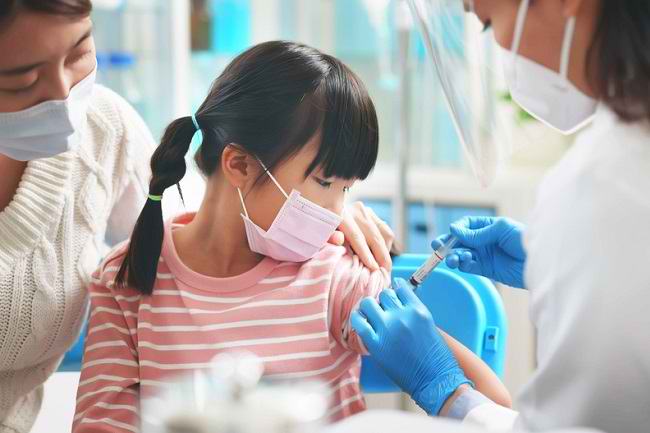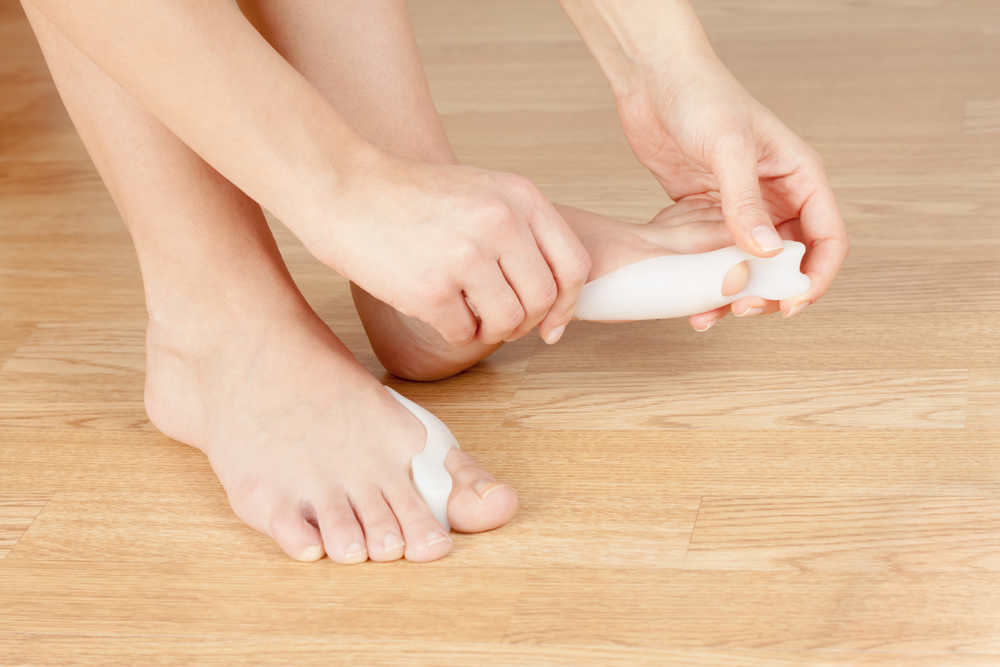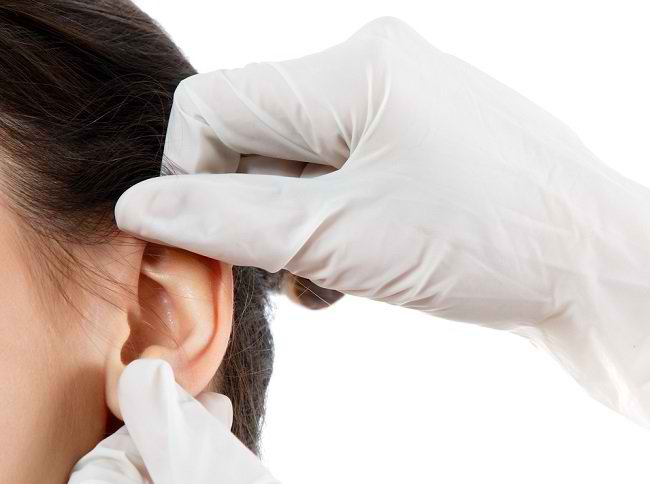Vaginal atrophy is a condition when the vaginal walls thin and become inflamed. Vaginal atrophy can cause several complaints, such as vaginal dryness and vaginal discomfort or pain. This condition is quite common in postmenopausal women.
Vaginal atrophy is a problem in the female sex organs that occurs due to reduced amounts of the hormone estrogen. One of the tasks of the hormone estrogen is to keep vaginal tissue thick, moist, and healthy. When estrogen levels decrease, the vaginal walls become thinner, drier, less elastic, and brittle.

Women at Risk for Vaginal Atrophy
There are many things that can reduce estrogen levels in a woman's body, which can lead to vaginal atrophy, including:
- Perimenopause and menopause
- Conditions after childbirth and during breastfeeding
- Side effects of certain drugs, such as hormonal contraceptives and drugs that can reduce the amount of the hormone estrogen
- History of surgical removal of ovaries or ovaries
- Are undergoing cancer treatment, such as chemotherapy or radiation
In addition, several other factors that can trigger a woman to experience vaginal atrophy are smoking habits, never giving birth normally, and never having sex.
Symptoms of Vaginal Atrophy and Its Impact
There are various complaints that can be felt by women with vaginal atrophy, including:
- Vagina is dry, itchy, and feels sore
- Vaginal discharge, usually this vaginal discharge is brownish or reddish
- Frequent urination and difficulty holding urine (urinary incontinence)
- Pain or burning sensation in the vagina when urinating
- Recurrent urinary tract or vaginal yeast infections
- Light bleeding (spots) after sex
- Dyspareunia or pain during sex due to lack of natural vaginal lubricants
In the early stages, vaginal atrophy generally does not cause any symptoms or only mild symptoms, such as a less wet vagina during sex. However, over time this condition can cause more severe symptoms, such as repeated vaginal irritation. This can make the vagina feel sore during sex.
If you experience symptoms of vaginal atrophy that are quite severe or have caused disturbing complaints, such as painful sex despite using vaginal lubricants, smelly vaginal discharge, vaginal bleeding, and other menopausal symptoms, you should consult your doctor for these conditions.
Vaginal Atrophy Diagnosis and Treatment
To determine the diagnosis of vaginal atrophy and its cause, the doctor will perform a physical examination, including a pelvic examination, and supporting examinations such as blood tests, urine tests, vaginal fluid analysis, vaginal acid-base (pH) tests, and Pap smears.
To reduce complaints of pain during sexual intercourse that you experience, your doctor may suggest the use of a water-based vaginal lubricant.
In addition, doctors can also provide several other treatments to treat vaginal atrophy, namely:
1. Hormone replacement therapy
Hormone replacement therapy used to treat vaginal atrophy is estrogen hormone therapy. This therapy is usually aimed at patients with vaginal atrophy who have entered menopause.
Estrogen hormone therapy is available in several forms, including creams, suppositories, and vaginal rings. Estrogen in the form of a cream is used by inserting it into the vaginal canal using a special tool. This medicine is usually recommended to be used at bedtime every day for 1-3 weeks or as directed by a doctor.
Suppositories or vaginal tablets are tablets that contain the hormone estrogen. This drug is used by inserting it into the vagina as directed by a doctor. Meanwhile, the vaginal ring is a therapy for giving estrogen in the form of a soft and flexible ring that is inserted into the vagina.
This ring will release the hormone estrogen slowly in the vagina. These rings need to be replaced every few months.
2. Ospemifene
Ospemifene is an oral medication that works similarly to estrogen, but does not contain the hormone. This drug is usually given to patients with vaginal atrophy with symptoms of dyspareunia or pain during sexual intercourse that is quite severe.
However, this drug is not recommended for use by women who have had breast cancer or are at risk of developing breast cancer.
3. Prasterone
This medicine contains dehydroepiandrosterone (DHEA) which is useful for stimulating the production of the hormone estrogen in the body. This drug is used by insertion into the vagina at night, especially for vaginal atrophy that is already severe or with bothersome symptoms.
4. Vaginal dilators
Vaginal dilators are special devices used in the vagina to stretch the shrinking vaginal muscles. This tool is useful for increasing the flexibility of vaginal tissue, so that the symptoms of pain during sex due to vaginal atrophy can be reduced.
5. Lidocaine
Lidocaine is a local anesthetic that is available in the form of an ointment or gel. This drug can be obtained according to a doctor's prescription. Its use is to reduce discomfort or pain during intercourse.
Vaginal atrophy is a female problem that can interfere with daily activities and comfort in sexual intercourse. This condition often appears when women have entered menopause.
If you experience symptoms of vaginal atrophy, don't hesitate or hesitate to go to a doctor and get the appropriate vaginal atrophy treatment.









